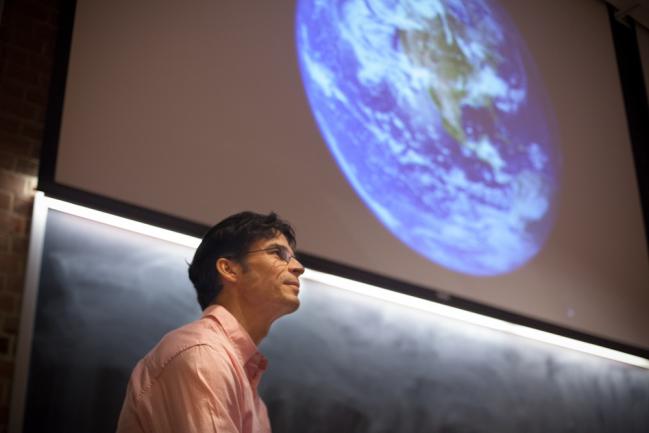Typical Course of Study

Our conventional Ph.D. program consists of two years of advanced physics coursework and lab rotations, followed by thesis research.
In the first year, all students take the same course sequence. Students then take electives in their second year. This allows students to focus on their intended research area.
GU course descriptions & current offerings are no longer available for direct linking. They are only available through the Georgetown University Registrar’s Schedule of Classes link: https://bn-reg.uis.georgetown.edu/StudentRegistrationSsb/ssb/courseSearch/courseSearch
Sample Coursework
Students conduct thesis research once they complete their coursework. In our Ph.D. program, students take courses in advanced physics as well as additional specialized courses that match the goals of their scientific careers. After which students will apply that research toward their dissertation.
| Semester | Example Coursework |
|---|---|
| Fall (Year 1) |
|
| Spring (Year 1) |
|
| Summer (Year 1) | Comprehensive Exam – if applicable (Early/Mid-summer) 2 Physics Lab Rotations (Non-Credit) |
| Fall (Year 2) | 2 – 3 Electives*: Physics Lab Rotation (PHYS-7000) |
| Spring (Year 2) | 1-2 Electives: Plus Thesis Research – 03 (PHYS 999-03) |
